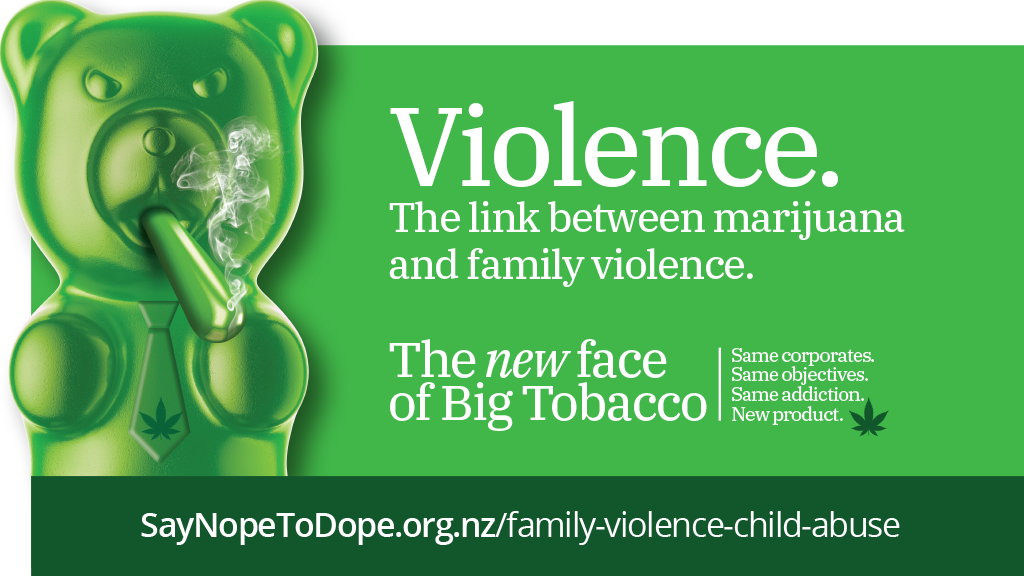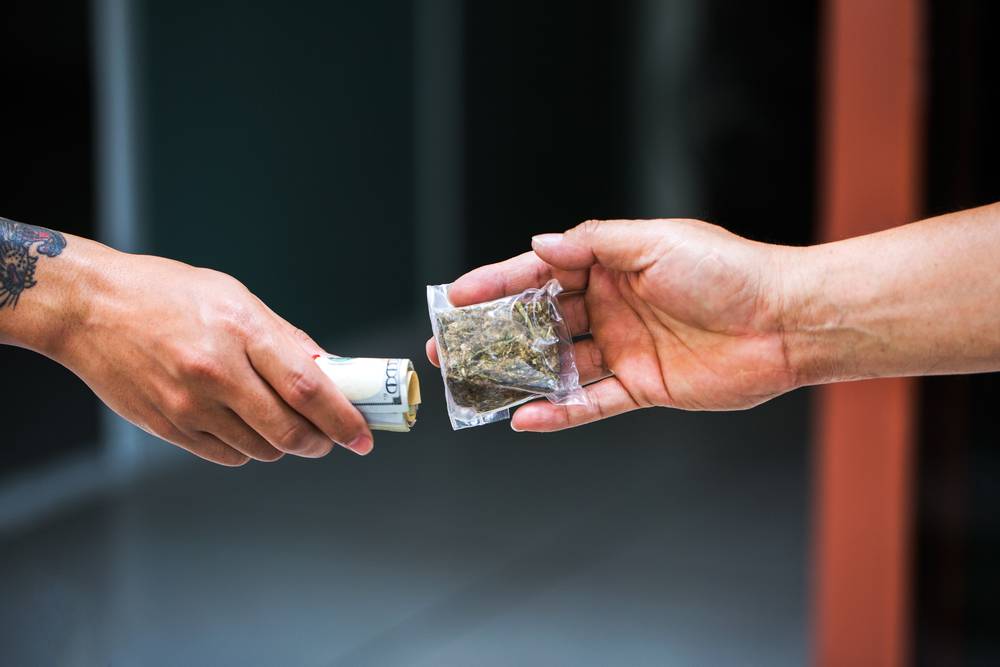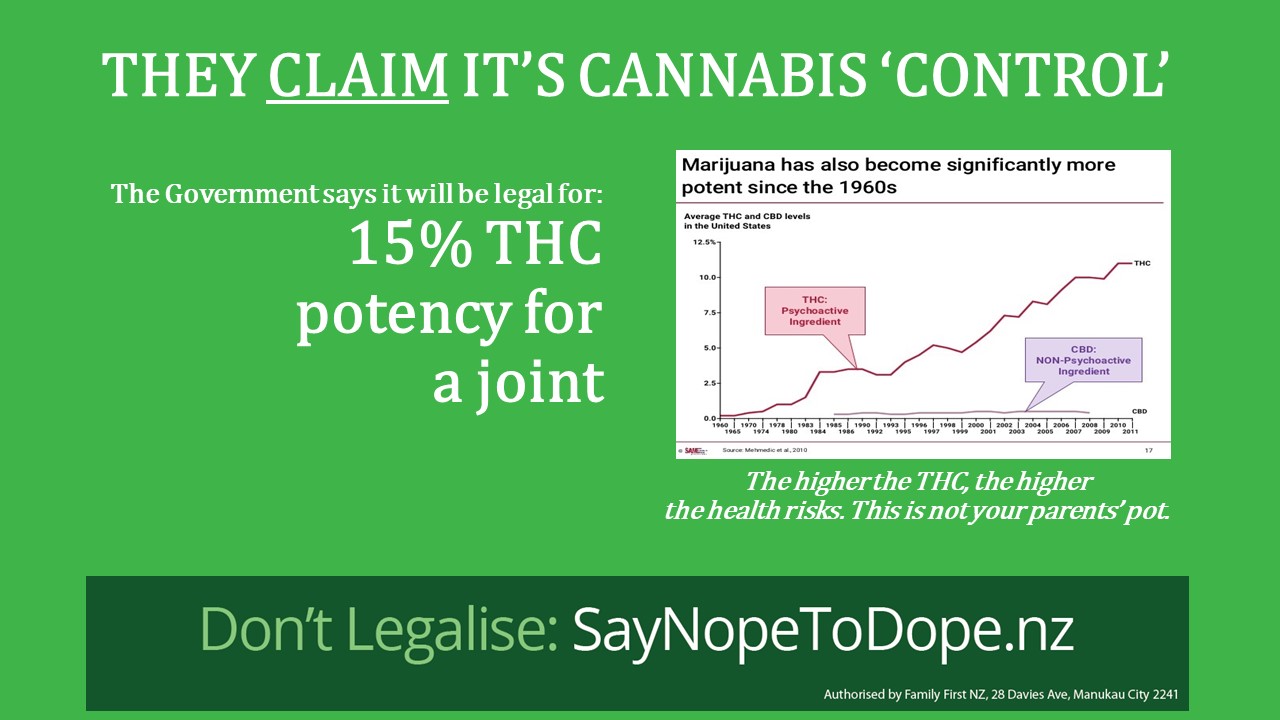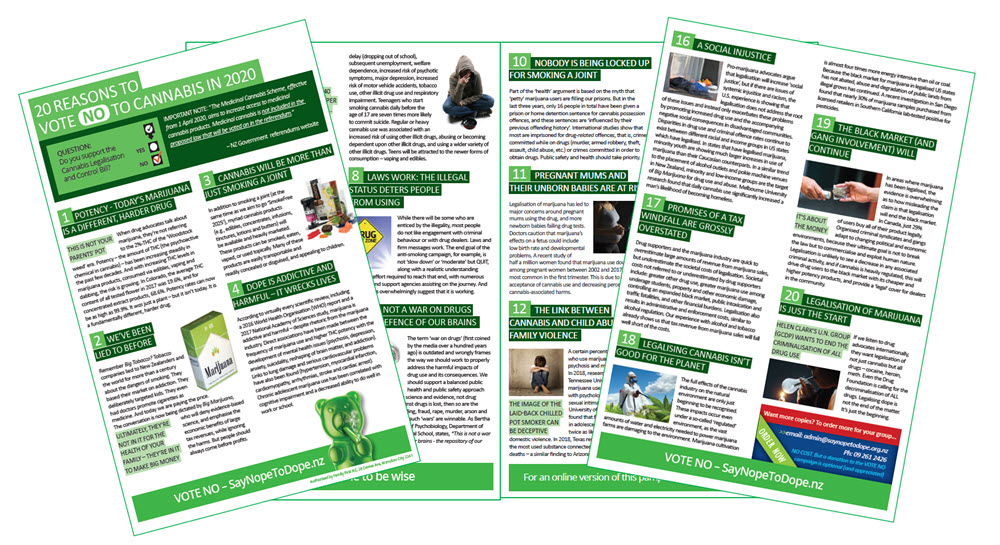
NewsHub 1 May 2020
You could soon be able to produce cannabis-infused products without a license at home as long as you do not use dangerous methods, if Kiwis vote to pass the recreational cannabis legislation.
But it is important to remember that even if Kiwis vote to pass the legislation, that does not mean it will become law. After the election, the incoming Government can introduce a Bill to Parliament that would legalise it.
A ban will be put in place on importing cannabis – only licensed businesses will be able to import the seeds. The Government also aims to separate business that can grow cannabis and produce products from those that sell it.
At the same time, the Government wants to reduce people’s dependency on cannabis by investing in addiction services, with a focus on lowering the use amongst young people by increasing the age of first use.
READ MORE: https://www.newshub.co.nz/home/politics/2020/05/making-hash-cookies-at-home-could-soon-be-allowed-as-finalised-recreational-cannabis-legislation-revealed.html
Govt reveals final cannabis legislation to be voted on in referendum
TVNZ One News 1 May 2020
Even if New Zealanders vote to legalise cannabis in this year’s planned referendum, they will not be allowed to purchase edible products right away.
The final legislation – to be considered by the public – has been published this morning and outlines a phased approach to making the drug legal.
READ MORE: https://www.tvnz.co.nz/one-news/new-zealand/govt-reveals-final-cannabis-legislation-voted-in-referendum
Govt reveals final cannabis legislation to be voted on in referendum
Radio NZ News 1 May 2020
The final legislation – to be considered by the public – has been published this morning and outlines a phased approach to making the drug legal.
Only fresh and dried cannabis, including plants and seeds, would be immediately approved for production and sale under the new regime.
READ MORE: https://www.rnz.co.nz/news/political/415566/govt-reveals-final-cannabis-legislation-to-be-voted-on-in-referendum
Reeferendum: Proposed big fines for cannabis corporates, ‘help not handcuffs’ for young cannabis users
NZ Herald 1 May 2020
A national cap on the amount of cannabis that can be grown and heavy fines, including jail time, for unlawful sale or supply are key features of the proposed framework for legalising cannabis for personal use.
But fines for underage (younger than 20) possession are comparatively light, and could even be waived if the young offender agreed to a drug treatment or education programme.
“We don’t want to criminalise a younger offender, but we do want to criminalise those seeking to exploit or take advantage of young people,” Justice Minister Andrew Little told the Herald.
READ MORE: https://www.nzherald.co.nz/nz/news/article.cfm?c_id=1&objectid=12328798
Government reveals cannabis referendum legalisation details
Stuff co.nz 1 May 2020
Proposed cannabis legalisation will ban items designed to appeal to young people, set a four-year prison term for selling to under 20-year-olds and allow cannabis ‘coffee shops’ to open.
On Friday, the Government released details of the Cannabis Legalisation and Control Bill, which will be voted on in one of two referendums at this year’s general election.
It was released in draft form in December last year.
REGULATION
Regulating how cannabis is produced and supplied would be done by limiting the total amount of licensed cannabis for sale, controlling the potency and contents of licensed cannabis and cannabis products and applying an excise tax when a product is packaged and labelled for sale.
The tax would be based on weight and potency and a levy, similar to that applied to alcohol and gambling, would fund services to reduce cannabis harm.
There would be restrictions on the appearance of premises that would include rules against promoting the fact that cannabis is available for purchase inside.
A licensing system would also be set up for all cannabis-related businesses.
It would also regulate location and trading hours for premises where cannabis is sold or consumed, in consultation with local communities.
It bans people from importing cannabis and allows only licensed businesses to import cannabis seeds.
An assessment would apply to all licence applicants, directors, and people overseeing cannabis operations under an authorisation and police vetting would be included in the process.
Some less serious previous convictions will not, on their own, disqualify the person.
A cap would limit the amount of cannabis available for sale in the licensed market and no licence holder would be able to hold more than 20 per cent of the cap.
A cabinet paper reveals the bill did not address certain policy issues that have been deferred until after the referendum.
This included current laws under the Misuse of Drug Act and the interface with medical cannabis.
The Cabinet paper also states the law would face international legal issues and have foreign policy implications because New Zealand was currently bound by the United Nations Drug Conventions.
The law would be reviewed after five years of operating as a licensed regime.
READ MORE: https://www.stuff.co.nz/national/politics/121373149/government-reveals-cannabis-referendum-legalisation-details

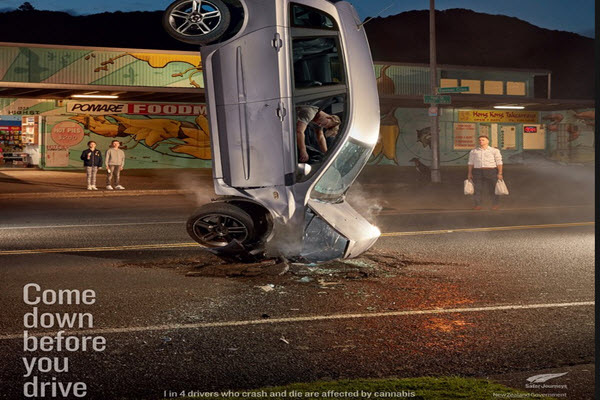

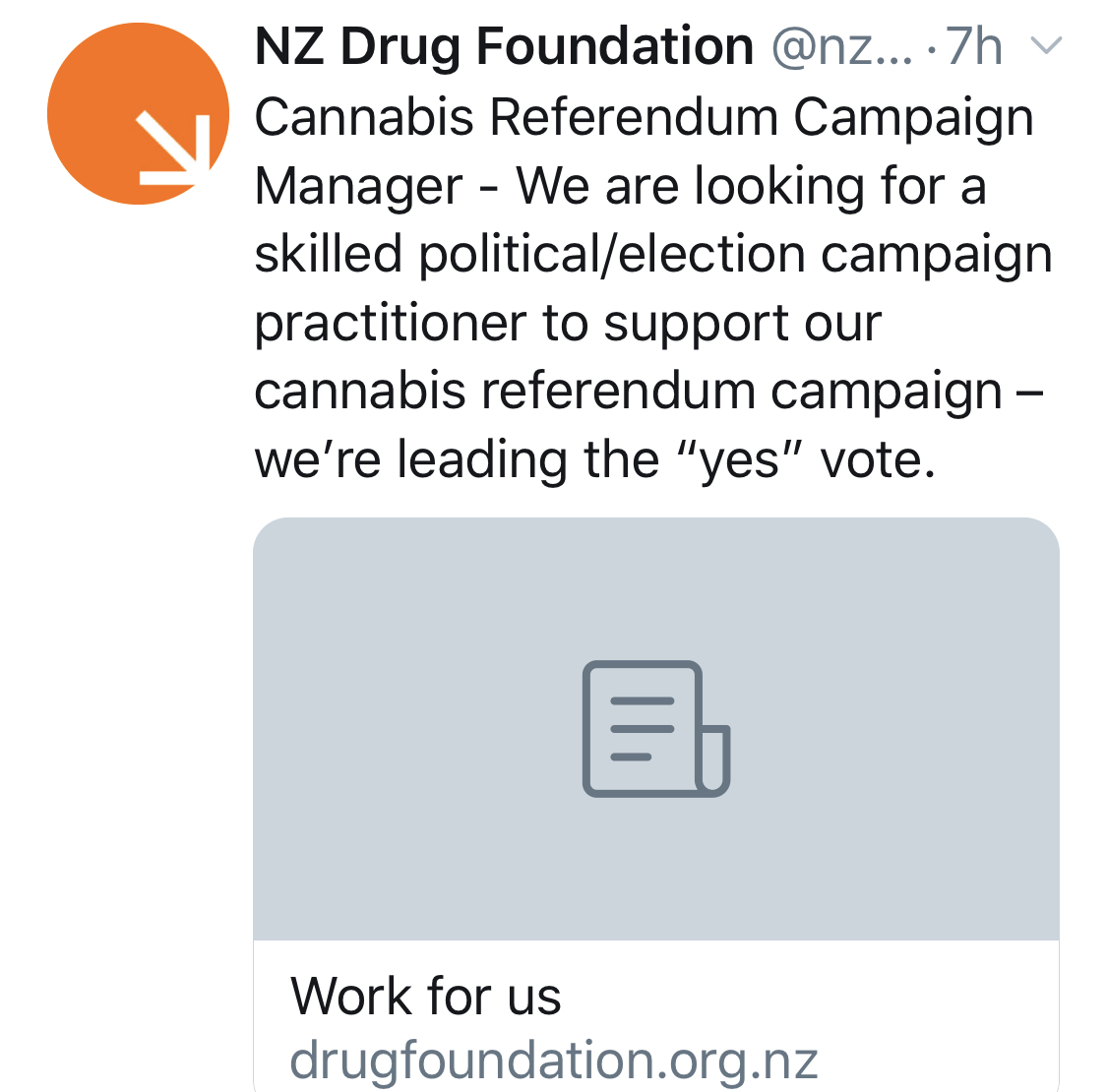
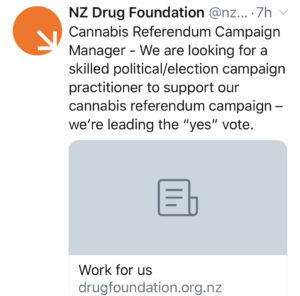 Media Release 10 May 2020
Media Release 10 May 2020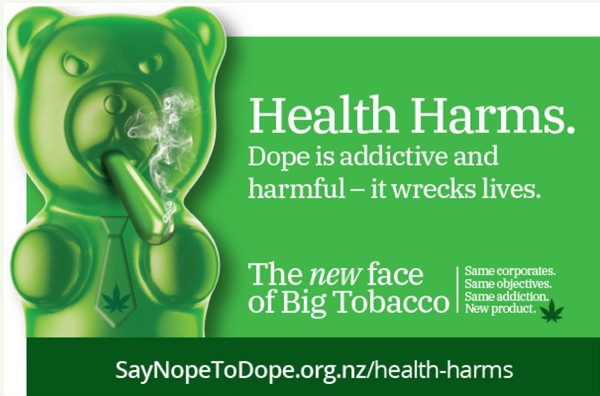

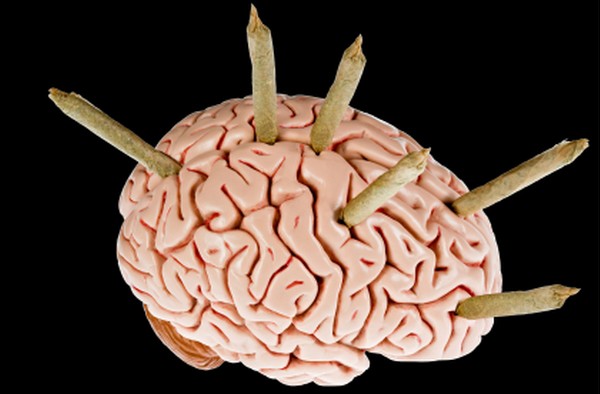
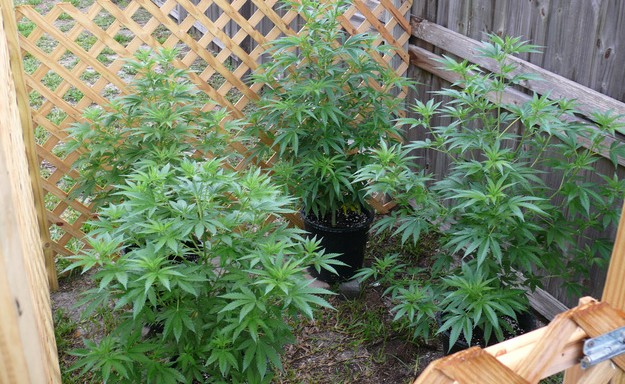
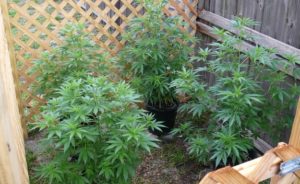 ANY PERSON WILL BE ALLOWED TO GROW TWO PLANTS FOR PERSONAL USE, TO A LIMIT OF FOUR PER HOUSEHOLD
ANY PERSON WILL BE ALLOWED TO GROW TWO PLANTS FOR PERSONAL USE, TO A LIMIT OF FOUR PER HOUSEHOLD